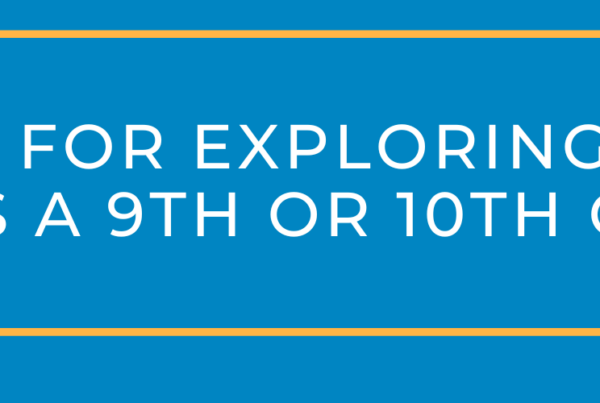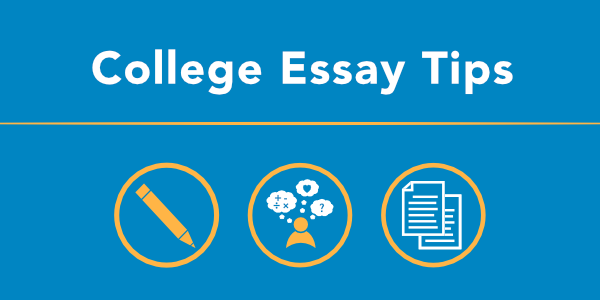Professional development is a vital part of our college counseling practice at Galin. Last week, several of our counselors attended the spring conference of the Independent Educational Consultants Association in Seattle. The conference was a wonderful opportunity to learn and discuss trends in our industry, share best practices, meet other college counselors from all across the country and world, and tour colleges in the Pacific Northwest! This week we are sharing a few key takeaways from our time at the conference!
From Liz: I enjoyed attending a session on Canadian universities, learning more about the specific universities that presented, and discussing how attending in college in Canada is different from attending college in the U.S. Each school is different, of course, but in general, these are some characteristics of the undergraduate experience in Canada that applicants should consider:
-Canadian universities are typically very large – at least as large as most public state universities in the U.S. This means that they are typically a good fit for students comfortable exerting their independence and advocating for themselves.
-When you apply to Canadian universities, it is common to apply directly into a “faculty” (what we call a “major” or “department” in the U.S). So, at most Canadian universities, it is important for a student to have an idea of what they want to study going into their first year.
From Jessie: I attended a panel of STEM admissions officers from Rose Hulman, Case Western and Wentworth Institute of Technology.
-They stressed not skipping high school biology, chemistry, and physics.
-They recommend that students take physics in 11th or 12th grade, not a 9th-grade physics class.
-They are concerned when they see students progressing from pre-calculus to AP Statistics.
-They highly recommend that students engage in STEM pre-college summer experiences on college campuses to build and demonstrate strength, knowledge and confidence in STEM.
From Jane: Through multiple sessions, I saw a recurring theme of the importance of clear communication. Not only is it important to make sure that information is put into perspective before moving forward, but we, as advisors, also need to understand and acknowledge our students’ perceptions and readiness to focus. Ideally, both advisor and student can see the landscape of the admissions process from the same vantage point.
From Paula: A special session exploring the current and potential impacts of artificial intelligence and tools like ChatGPT on college consulting made it clear that we need to embrace AI rather than ignore or try to work around it. The panel discussed AI’s current limitations – it cannot produce fresh, up-to-date content, it often commits factual errors, its responses can be generic and impersonal. They also encouraged us all to experiment with AI, sharpen our questioning skills and become “prompt masters,” asking it in several different ways for what we want to know. AI is a useful tool for efficiency, brainstorming and even creativity, and we would do well to make it our ally – but in an ethical way.
From Ethan: One big theme of a lot of sessions was uncertainty around how colleges will handle the FAFSA not being available until December. Unfortunately, colleges couldn’t offer much conclusive guidance beyond “’check our website,” but at least we can share with families that colleges are still grappling with this. All we can do for now is try to stay updated as new information comes out.
Another frequent topic (with, unfortunately, similarly unhelpful conclusions) was how colleges are planning to respond to the availability of ChatGPT and other AI programs. Plans varied, but one idea I heard multiple times was to add a Common App question along the lines of, “Did you use AI to help you complete this application?”
My plan is to tell students to basically stay away from ChatGPT until at least August, so we know what such a question might look like and so students can honestly respond “no” in case there’s no way to give more context around how and why a student used those tools.
Reps from Georgia Tech and Cal State seemed particularly interested in AI and indicated they may ask something more like, “How did/can you use AI to complete the app/your schoolwork?” This would be an interesting additional supplement, but definitely seemed like more of a tech school kind of thing.
We look forward to sharing and implementing more of our newly-acquired knowledge with you as we work together!





